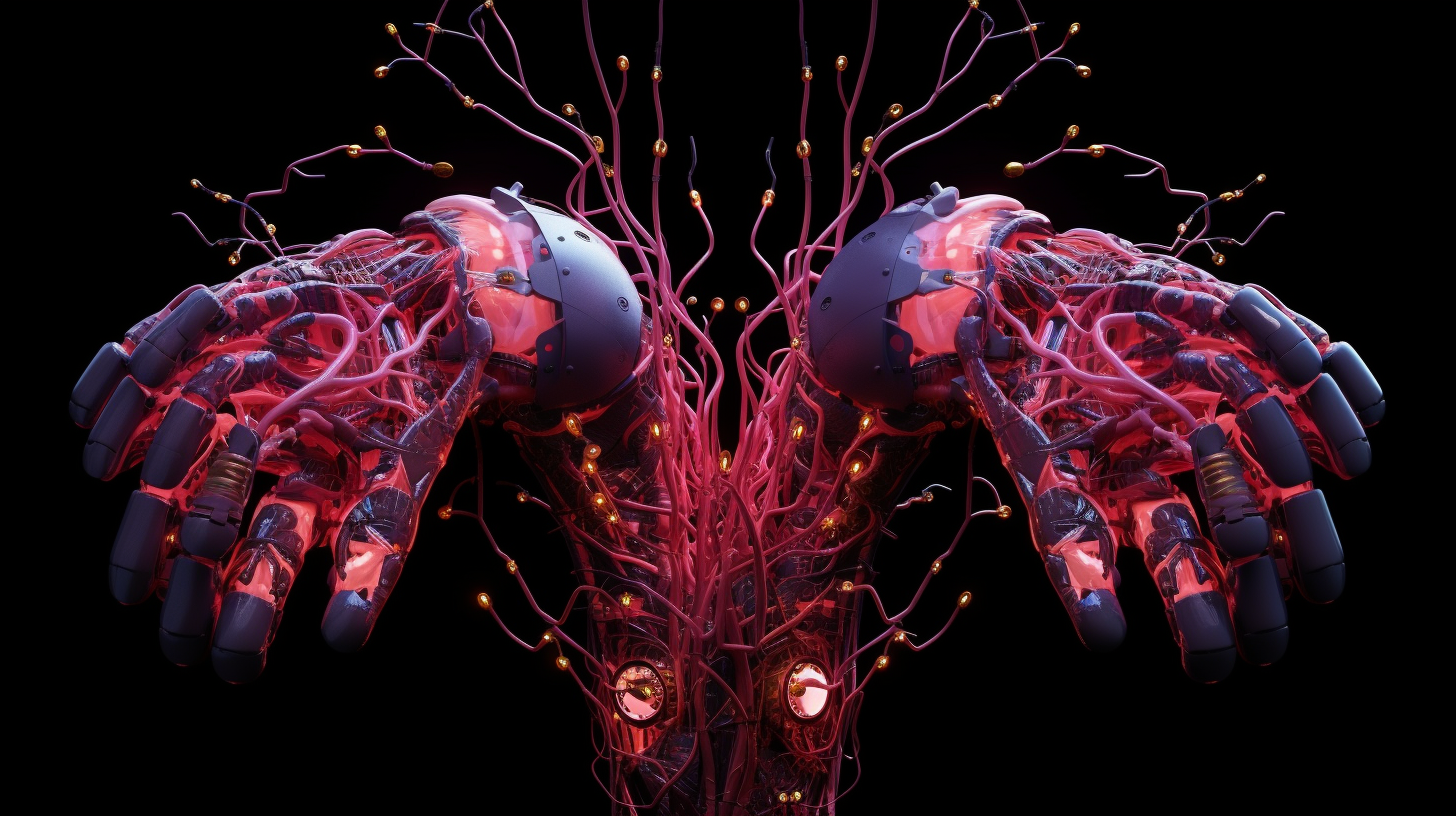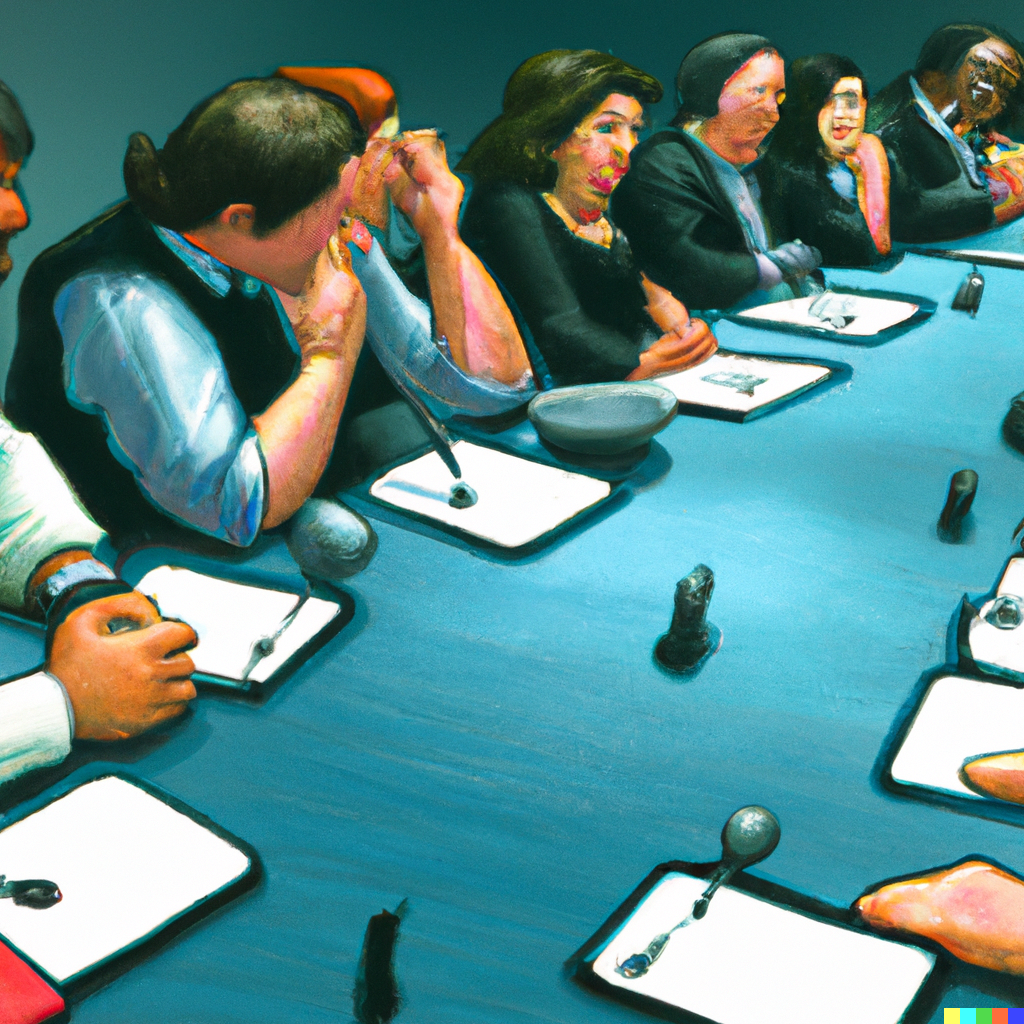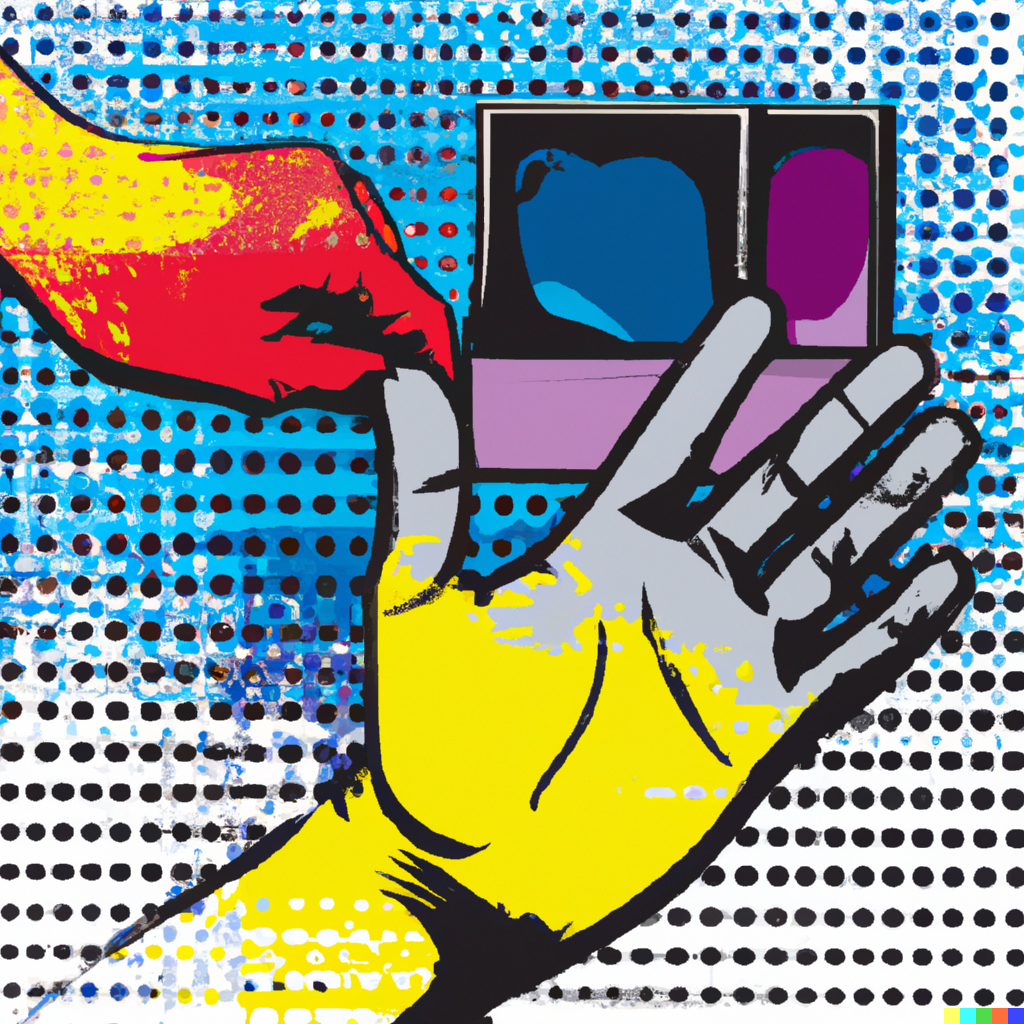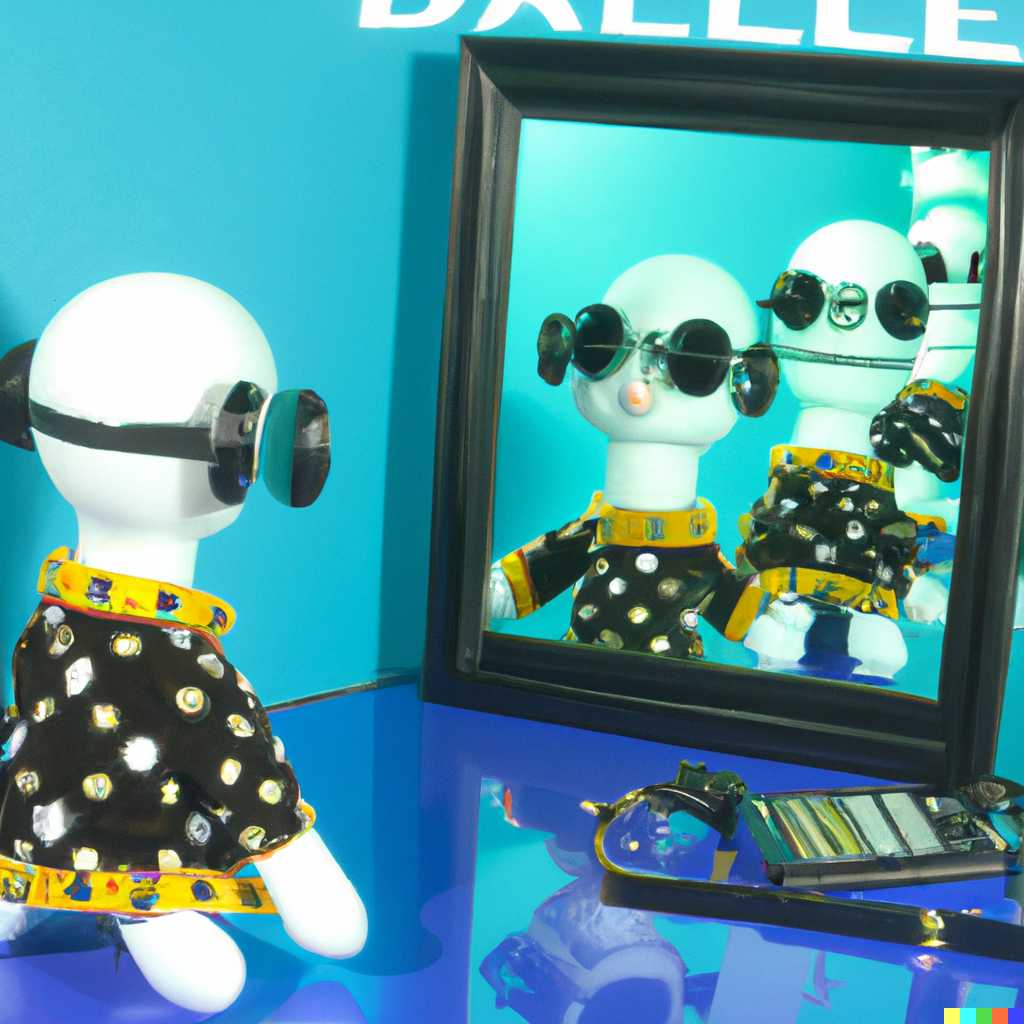I’m sorting out much of what I read of Gregory Bateson (1904-1980). And in his tradition, I’m going to make connections and then try to stand above it. Come and play. My entry point was Steps to an Ecology of Mind (1972), then I shot off into A Sacred Unity: Further Steps to an Ecology of Mind Edited by Rodney E Donaldson (1991) and then Nora Bateson’s Small Arcs of Larger Circles (2016). I’ve been thinking a lot about the question David Graeber and David Wengrow asked in The Dawn of Everything (2021): why do groups of people differentiate? Bateson’s observation of schismogenesis – a combination of the word schism and genesis – is “a process of interaction whereby directional[…]
There’s a tension between the desire of some politicians to protect the population from harm, the desire of some in the population to be free from regulation, and the desire by some to have the freedom to harm. The idea of protection as a good is interesting because it has a lot in common with a risk pool. I reckon that protection is virtual good because protection is an idea. There’s this idea that the state provides protection from threats. Most threats, not all, are imagined, aren’t they? The state organizes protection from external forces: against intruders, looters, raiders, hordes, and parasites that pose threats to agriculture and aquaculture. The state organizes protection from internal threats: against murderers, organized crime,[…]
Moderation is a difficult good. Which is why I watched, curiously, amused, mystified, at Reddit CEO Steve Huffman’s behaviour in June, 2023. NBC News reported: “Reddit CEO slams protest leaders, saying he’ll change rules that favor ‘landed gentry’: Steve Huffman, the Reddit CEO, told NBC News in an interview that a user protest on the site this week is led by a minority of moderators and doesn’t have wide support.” Reddit has a system that creates a system by which moderators, creators, and lurkers learn about their preferences, share knowledge, and share knowledge about sharing knowledge. It’s delicate. It’s reddit’s core asset. Which is why I’ve been mystified by Huffman’s behaviour. Let’s zoom out and look at Moderation and the[…]
Paul Graham wrote on May 9: “Observation suggests that people are switching to using ChatGPT to write things for them with almost indecent haste. Most people hate to write as much as they hate math. Way more than admit it. Within a year the median piece of writing could be by AI. … I warn you now, this is going to have unfortunate consequences, just as switching to living in suburbia and driving everywhere did. When you lose the ability to write, you also lose some of your ability to think. I don’t have the slightest hope of averting this switch. I often tell startups it’s safe to bet on laziness, and this is one of the biggest bets on[…]
Assume that not all Need-Solution Pairs [1] have been discovered and that the diffusion of new solutions is Bassian [2]. What is going on with Web3? By Web3, I mean the set of technologies that includes decentralized applications (dApps), distributed ledger, protocols, Decentralized Autonomous Organizations (DAOs) and related cryptographic technologies. It’s a superset that doesn’t just include decentralized finance (DeFi) and regenerative finance (ReFi), decentralized science (DeSci), memecoins, shitcoins, Non-Fungible Tokens (NFTs) and cryptocurrencies, smart contracts and oracles, but all the things rooted on Peer to Peer, decentralized technology and the general concept of trustlessness. Web3 suffers from the same accessibility problems that the World Wide Web suffered from in early 1990s. It was brutal to dial up and log[…]
Generative Pre-trained Transformers (GPTs) have captured the public’s imagination. There’s a lot of fear. The relevance of that fear, as always, depends on who you are. The technology first caused a surge of panic in December 2022 among some communications professionals. They fear a surge of supply, a massive increase in synthetic media, along with all of the misinformation that goes along with it. Because attention is inelastic, the price for content will collapse, and it’ll take their wages down with it. They aren’t the only ones likely to be affected [1]. It’s kind of curious that you aren’t reading too much publicly from developers and their experiences with the technology. GPT’s are a tool. A good GPT is capable[…]
“[A]n unrecorded decision may well be, indeed should be, considered as a sure sign that something fundamental has gone wrong with the decision-making process, that one should look for the presence of schemers who can impose projects on those who should know better; that one should also look for powerful external pressures reverberating through the decision-making process — pressures that cannot be resisted and lead to decisions for which there is no real acceptance of responsibility (and are therefore unrecorded). All of this serves to underline a point that is not stressed enough in the political science literature: decision-making is fundamentally a process for assuming responsibility for a proposed action.” Allison, Graham., Zelikow, Philip. (1999) Essence of Decision. 2nd Edition.[…]
A major source of suffering is caused by the chasm between what is and what is preferred. There are at least three ways of alleviating this suffering: In this post, I’ll expand on the concept of what is preferred, attempt to differentiate bullshit from Futurescapes, and argue that Futurescapes are a powerful reframing tool. What is preferred I’ll focus on the suffering that exists because of preferences about the future that are unrealized today. The future is malleable. Liubertė and Dimov [1] wrote a gem of a paper in 2021. They were curious about how Elizabeth Holmes used language to create a portrait of the future. Rindova and Martins (2022) [2] made a valuable contribution about how these portraits, Futurescapes,[…]
Ultimately, how you choose to lead your startup in the post-2022 Tight Money Era depends on what lessons you’re taking away from the 2018-2022 Loose Money Era, and where you’re at on your own leadership journey. In this post, I’ll describe where my stance is at the end of 2022 with respect to a systemized study of new venturing knowledge. How We Got Here: The Loose Money Era Money was cheap between 2018 and 2022 [1]. Stupidly cheap. You know how I know money was cheap? Check the links: Intensely. Stupidly. Insanely. Idiotic. Terribly. Sweatily. Moronicly. Cheap. Cheap money enables radical conservation of thought. (I’m picking on scooters because it’s physically obvious, but there’s plenty of incredibly silly things going[…]
You may have noticed a lot of sharing of Open AI’s Generative Pre-trained Transformer 3 (GPT-3) and ChatGPT screenshots. The most popular tend to be funny. I asked ChatGPT to describe in a style that Stephen King would write, a scene describing somebody struggling to decide which brand of toilet paper to buy. The result is fun. Here’s one about writing a script in Seinfeld style: In the sense that you can recognize the blend of styles. Elements of relevance and divergence are provided by the prompts. The evaluation, on the part of this author, is entirely subjective. And in some ways, carbon dated. Years from now, the bubble sort will be around. Probably. The knowledge of what a typical[…]










